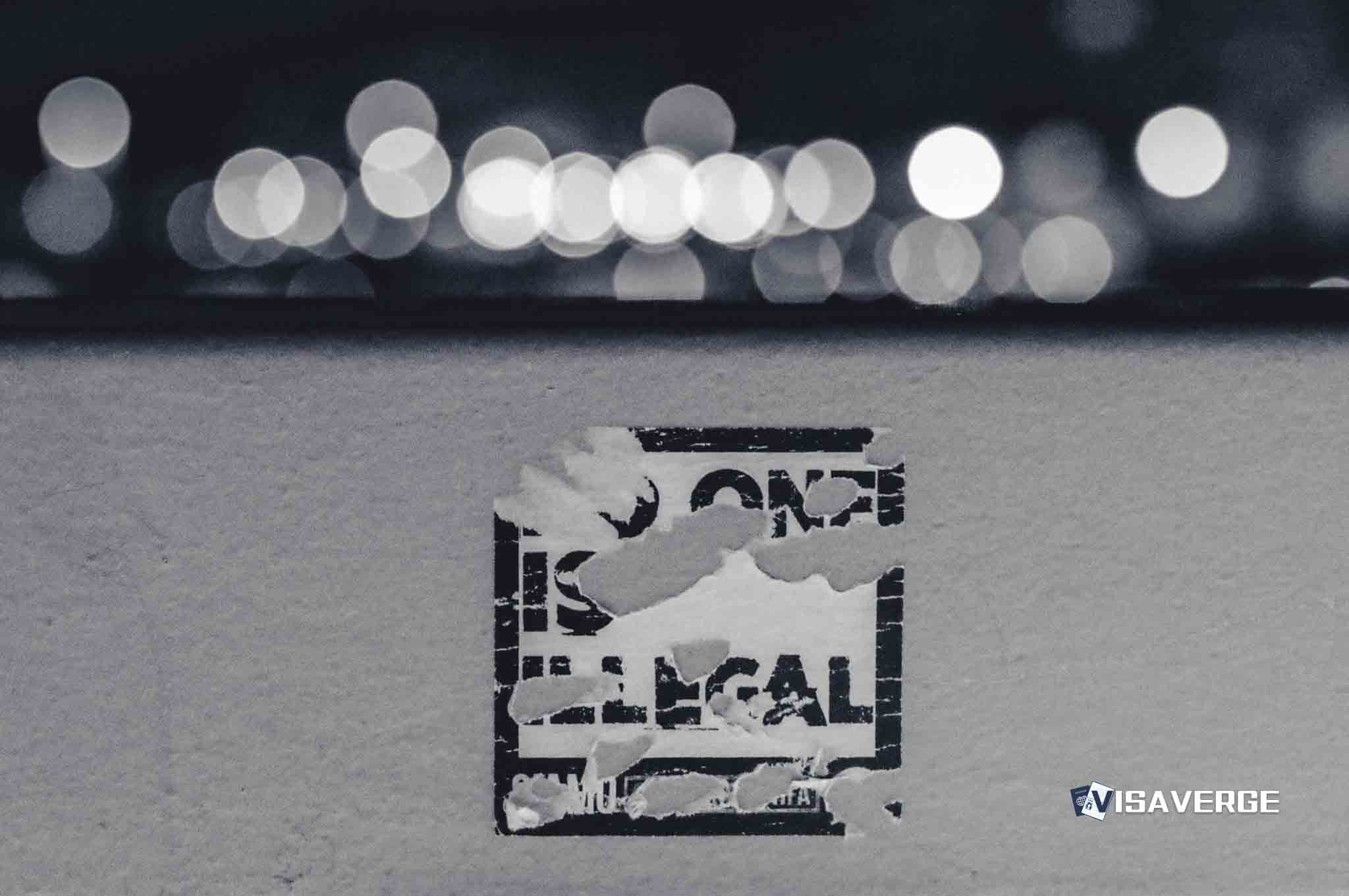Key Takeaways:
- The Supreme Court’s ruling removed Chevron deference, changing how courts interpret federal agency actions, impacting immigration laws and procedures.
- The decision affects H-1B visas, likely increasing court challenges to USCIS over visa denials for specialized occupations.
- H-4 visa holders face potential litigation over employment authorization, creating uncertainty for spouses of H-1B workers.
How Will The US Supreme Court Decision Affect H-1B Visa Holders?
The US Supreme Court has upended a longstanding precedent in their June ruling, which could influence immigration laws and procedures significantly. Until now, courts followed the 40-year-old Chevron deference, which dictated that courts should defer to the expertise of federal agencies. By overturning this, the Supreme Court has created a potential shift in immigration dynamics that is particularly relevant for the Indian diaspora.

What Changes Did the Supreme Court Make?
In the recent Loper Bright Enterprises case decided in late June, Chief Justice John Roberts clarified that courts must use their own independent judgment when determining whether a federal agency has acted within its statutory authority. This essentially means that agency decisions are not automatically considered correct simply because the agency has expertise.
Rajiv S. Khanna, managing attorney at Immigration.com, explained:
“The Loper Bright decision cuts both ways, helpful and harmful. Because of this order, courts can now review both the beneficial and pernicious decisions made by USCIS and the Department of Homeland Security (DHS) based on their interpretation of various factors.”
How Does This Affect H-1B Visas?
One of the key impacts of this decision is on H-1B visas, which allow US employers to hire foreign workers in specialized occupations.
Cyrus D. Mehta, a New York-based immigration attorney, elaborated:
“Without Chevron, federal courts will no longer pay deference to a government agency’s interpretation of a provision in the Immigration and Nationality Act (INA). Employers may be able to find a court willing to give a more favorable interpretation of a statute granting H-1B or L visa classification to a noncitizen worker.”
This can potentially boost the chances of success for US employers challenging unfavorable decisions by the US Citizenship and Immigration Services (USCIS), such as visa extensions being denied on the grounds that the occupation is not “specialized.”
What About H-4 Employment Authorization?
The implications also extend to H-4 employment authorization documentation (EAD), which allows spouses of H-1B visa holders to work in the US.
Save Jobs USA, a tech worker advocacy group, has been contesting the H-4 EAD rule. They argue that based on the Loper Bright decision, the court should annul the H-4 EAD program because the power to create it was not delegated by Congress. Currently, the court has upheld that DHS has the authority to issue work authorization to lawfully admitted individuals.
Khanna points out:
“The earlier court decision which upheld the EAD rule did not rely on the overturned legal doctrine.”
What Is The Current Status of H-4 Visa Holders?
Almost a hundred thousand Indian spouses, predominantly women on H-4 dependent visas, hold employment authorization documentation (EAD). The Obama administration introduced the EAD rule in 2015 to mitigate issues faced by immigrants, like long backlogs for obtaining employment-based green cards.
Under this rule, if the H-1B visa recipient is on track for a green card or has received an extension beyond six years, the spouse on an H-4 visa can apply for employment authorization. However, the recent Supreme Court decision has cast uncertainty on this provision.
Mehta further stated:
“Even if Chevron no longer helps, there is also a clear authorization in the INA for the USCIS to issue work authorization to noncitizens and to set time and other conditions for nonimmigrants under the INA without having to rely on an expansive interpretation of the statute to issue such benefits.”
How Can Employers and Visa Holders Navigate These Changes?
Employers and potential visa holders should closely follow the legal battles and developments surrounding the H-1B and H-4 visa programs. Legal interpretation of statutes will now play a critical role in immigration cases. Employers who hire H-1B workers or sponsor intra-company transfers should consider seeking legal counsel to understand how these changes affect their hiring practices.
For further information, you may want to review the USCIS guidelines directly to stay updated on the legal standards and processes.
Conclusion
The Supreme Court’s decision to overturn Chevron deference introduces an era of judicial scrutiny over federal agency decisions. This shift could positively impact H-1B visa holders by providing more leeway in court interpretations and potentially challenging USCIS’s decisions. On the flip side, it could spell uncertain times for H-4 visa holders whose work authorization might be subject to fresh litigation.
This complex landscape underscores the importance of staying informed and seeking reliable legal advice to navigate the evolving immigration framework. According to VisaVerge.com, remaining updated on legal interpretations and procedural adjustments is more crucial than ever for immigrants and employers alike.
Learn Today:
Glossary of Terms
- Chevron Deference
A judicial principle established from the Chevron U.S.A., Inc. v. Natural Resources Defense Council, Inc. case, which stated that courts should defer to a federal agency’s interpretation of ambiguous statutes that the agency administers. This principle was overturned by the recent Supreme Court decision, indicating that courts must now use their independent judgment. - H-1B Visa
A non-immigrant visa that allows U.S. employers to hire foreign workers in specialized occupations requiring theoretical or technical expertise, crucial for fields such as IT, engineering, and science. - H-4 Employment Authorization Document (EAD)
A permit that allows spouses of H-1B visa holders to work in the United States. Introduced under the Obama administration to ameliorate long green card backlogs, this rule is currently under scrutiny following the Supreme Court’s update. - U.S. Citizenship and Immigration Services (USCIS)
The federal agency responsible for the administration of immigration and naturalization laws, including the processing of H-1B and H-4 visa applications. - Immigration and Nationality Act (INA)
The primary body of law governing immigration policy in the United States. It includes provisions and regulations pertaining to visas, naturalization, and employment authorization for noncitizens.
This Article In A Nutshell:
The US Supreme Court’s recent decision could impact H-1B visa holders by reducing deference to agency interpretations. This shift might allow courts to more closely scrutinize USCIS decisions, potentially benefiting visa holders by increasing chances to challenge denials. H-4 visa holders’ work authorizations face uncertainty amid fresh legal interpretations.
— By VisaVerge.com
Disclaimer: The information provided in this article is for informational purposes only. If you reference or use any content from this article, please attribute it to VisaVerge.com by including a link to the original source. We appreciate your adherence to our content usage policies and your commitment to giving proper credit.








